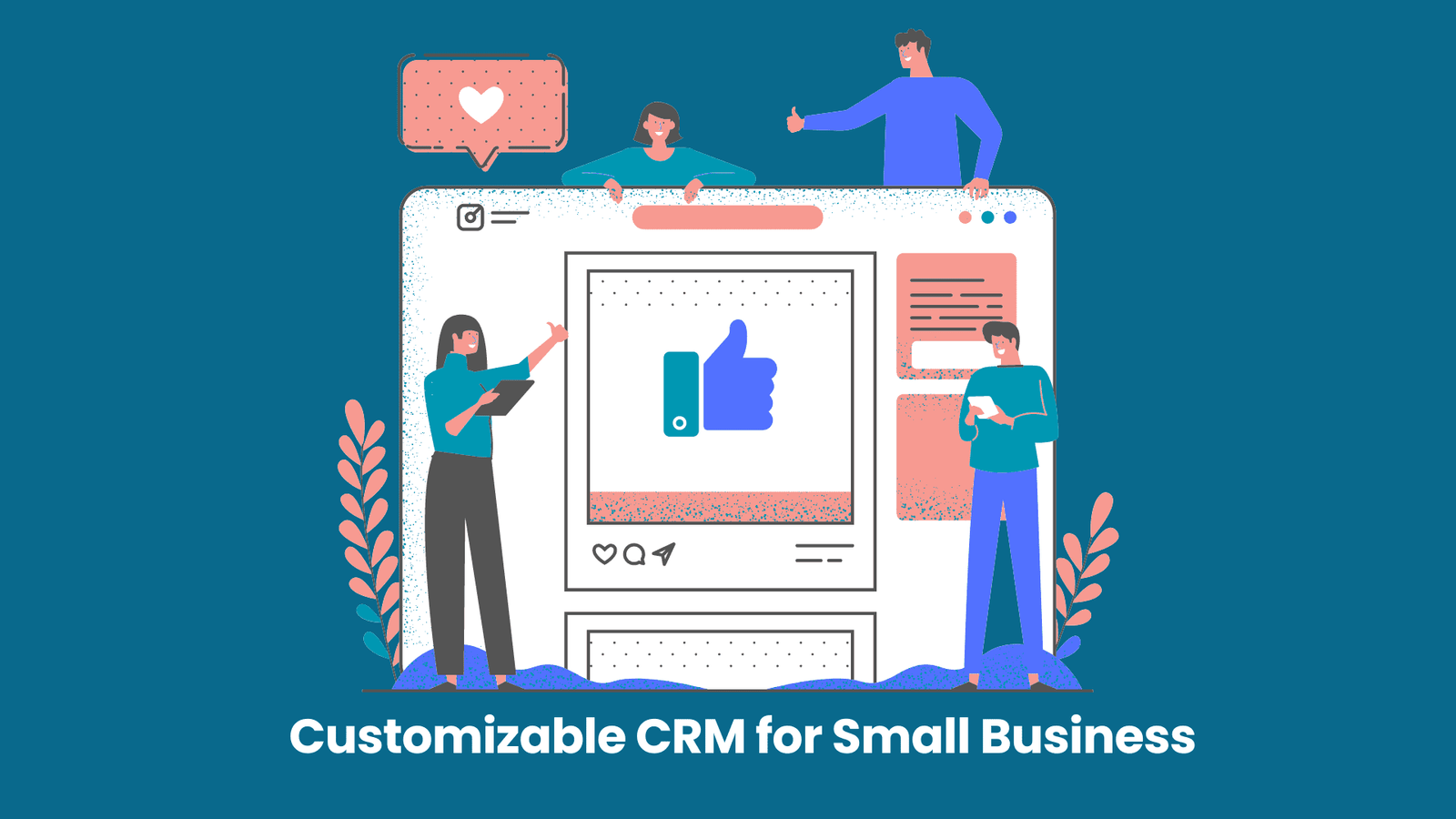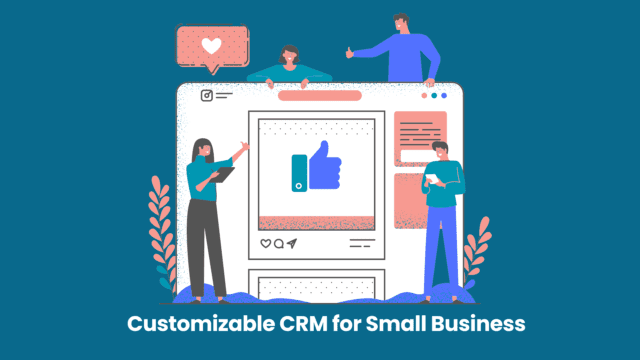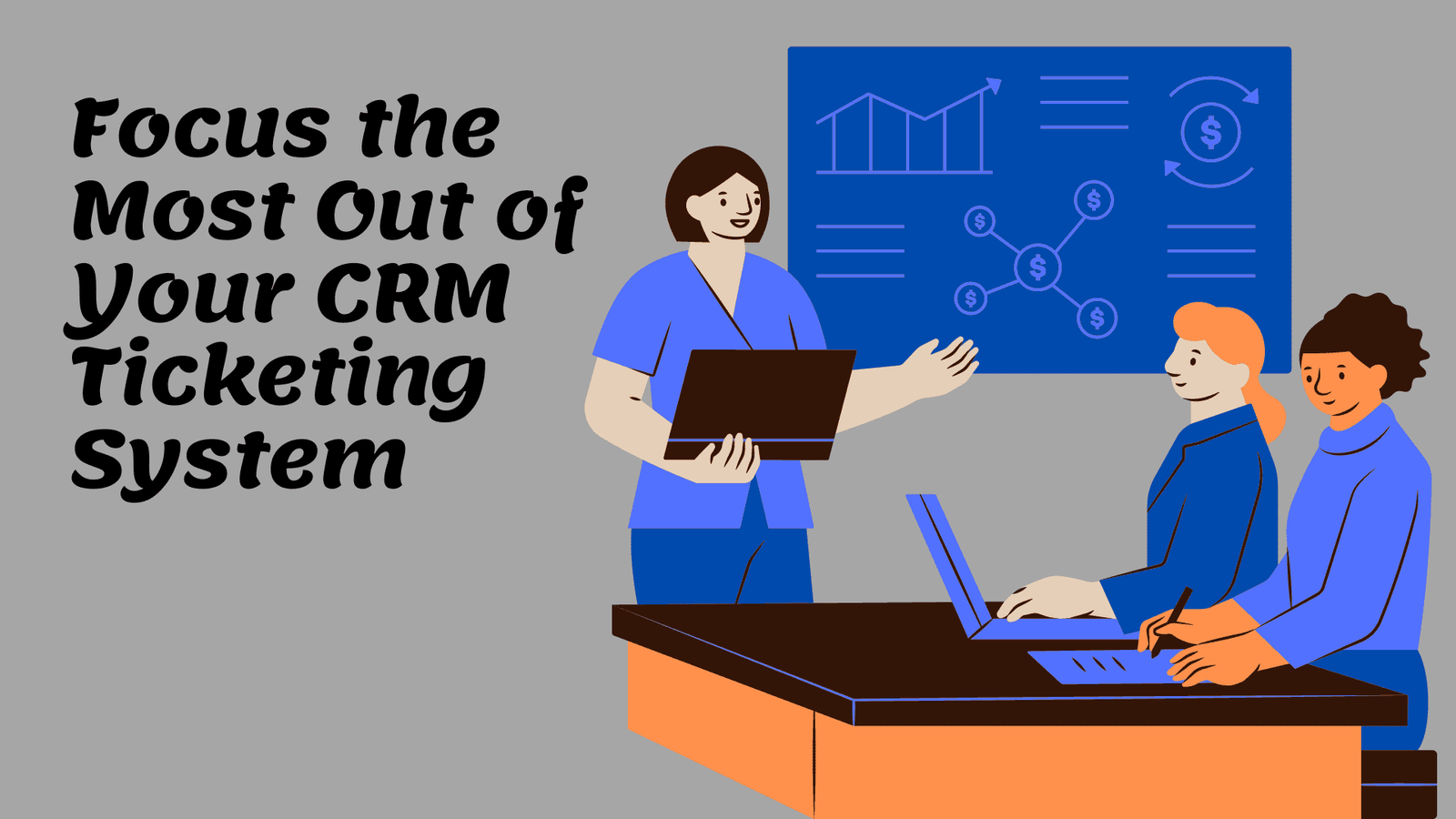Discover how to maximize the benefits of your CRM SWOT Analysis with a strategy. Learn how to identify the unique features of your CRM and uncover any internal and external factors hindering its implementation.
CRM SWOT Analysis and Competitive Strategy
A SWOT analysis is a valuable tool for evaluating the strengths, weaknesses, opportunities, and threats of a CRM system. By conducting a comprehensive SWOT analysis, businesses can gain valuable insights into their CRM strategy and make informed decisions. Here’s a step-by-step guide to help you perform a thorough CRM SWOT analysis:
1. Step: Identify the Strengths
- Evaluate the unique features and capabilities of your current CRM system.
- Consider the positive aspects that set your CRM apart from others in the market.
- Analyze the internal factors that contribute to the effectiveness of your CRM strategy.
2. Step: Assess the Weaknesses
- Identify any limitations or shortcomings in your CRM system.
- Consider areas where your CRM may be underperforming or lacking key features.
- Evaluate internal factors that may be hindering the success of your CRM implementation.
3. Step: Explore the Opportunities
- Look for external factors and market trends that could positively impact your CRM strategy.
- Consider new technologies or industry developments that could enhance your CRM system.
- Identify potential areas for growth and improvement within your CRM approach.
4. Step: Evaluate the Threats
- Assess external factors and potential challenges that could affect your CRM effectiveness.
- Consider competitive pressures, market changes, or technological advancements that pose a threat.
- Identify any potential risks or obstacles that may impact the success of your CRM strategy.
5.Step: Develop Actionable Insights
- Use the findings from your SWOT analysis to develop actionable insights and strategies.
- Leverage strengths and opportunities to further enhance your CRM system.
- Address weaknesses and threats by implementing mitigation strategies and proactive measures.
By following this comprehensive guide, businesses can gain a deeper understanding of their CRM strategy and make informed decisions to optimize their customer relationship management approach.
Also, exploring the Exploring the Key Features of Managerial Economics.
Developing a Competitive Strategy for CRM
Implementing a competitive strategy for your CRM system is crucial for gaining a sustainable advantage in the market. Here are some key steps to consider when developing a competitive strategy for CRM:
Analyze the Competitive Landscape
Conduct a detailed analysis of the competitive landscape to understand how other companies in your industry are approaching CRM. Identify their strengths and weaknesses, as well as any strategies they are using to differentiate themselves in the market.
Differentiation and Value Proposition
Define what sets your CRM system apart from competitors. Highlight unique features, capabilities, or approaches that provide added value to your customers. Emphasize how your CRM solution addresses specific customer needs and pain points better than the competition.
Target Market Segmentation
Segment your target market based on specific criteria such as industry, company size, or geographical location. Tailor your CRM strategy to meet the distinct needs of each segment, ensuring that your approach resonates with different types of customers.
Integration with Business Processes
Integrate your CRM strategy with existing business processes to ensure seamless alignment with organizational goals. This may involve linking customer data with sales, marketing, and customer service functions to create a unified customer experience.
Continuous Improvement and Innovation
Commit to ongoing improvement and innovation within your CRM strategy. Regularly assess market trends, customer feedback, and technological advancements to adapt your approach and stay ahead of the competition.
By strategically integrating these steps into your CRM strategy, you can develop a competitive edge that drives customer satisfaction and business growth.
Summary:
This content provides a comprehensive guide for conducting a SWOT analysis of a CRM system and developing a competitive strategy for CRM. The SWOT analysis involves identifying strengths, weaknesses, opportunities, and threats of the CRM strategy. It outlines actionable insights and strategies based on the findings. Also, Verizon’s SWOT analysis looks at it.
Additionally, it presents key steps for developing a competitive strategy, including analyzing the competitive landscape, differentiation and value proposition, target market segmentation, integration with business processes, and continuous improvement and innovation. These steps aim to help businesses gain a sustainable advantage in the market and optimize customer relationship management.



















